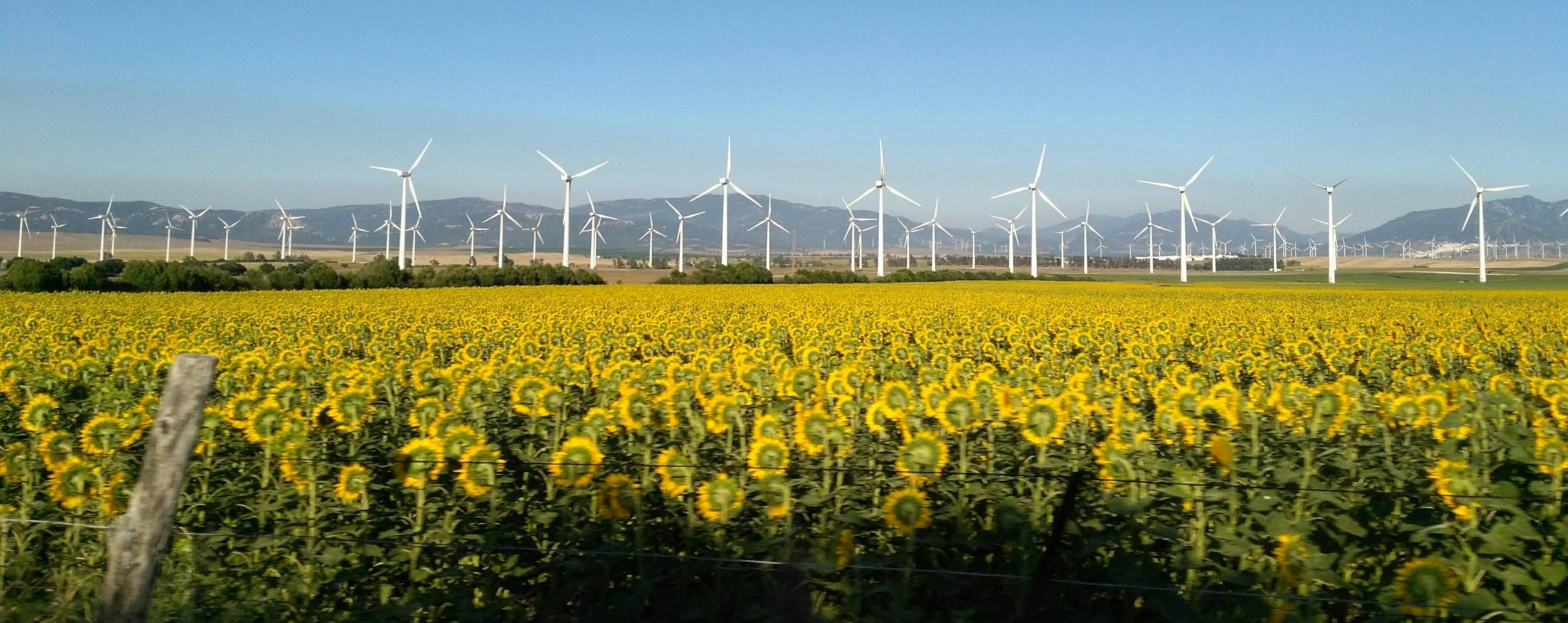
By Georgia Mae Lively–5/5/2020
David Hess, former Secretary of the Pennsylvania Department of Environmental Protection (DEP), has successfully turned his side gig writing a newsletter into a full-time job and the longest running record of Pennsylvania environmental issues in existence. His blog and weekly newsletter, PA Environment Digest, covers Pennsylvania’s state level environmental policies and legislation through daily blog posts, a weekly newsletter, and a calendar of environmental events hosted by the DEP and Pennsylvania General Assembly and Senate committees. David’s long career working on and documenting Pennsylvania’s environmental policies and legislation has given him valuable perspective on political processes and how change happens at the state level.
The PA Environment Digest became David’s full-time occupation only last year. But the newsletter actually began back in 1987 when he was Executive Director of the Pennsylvania Senate Committee on Environmental Resources. “When you’re executive director of a committee, you are the one receiving questions from other offices about what’s happening,” he told us when we spoke with him last month. “What I decided to do was a writeup at the end of every week summarizing what’s happening and what’s coming up the next week in the committee. And, obviously, this was pre-Internet, so you actually had to make calls.”
He continued to write the update, carrying it over through his other roles in the state government, which included Executive Deputy Secretary and then Secretary of the Department of Environmental Protection, and later in the private sector as Director of Policy and Communications for a state level lobbying firm. “As a result, I basically have a weekly log of environmental issues that were going on in the General Assembly and generally from 1987, with one one-year break, until now.” David recently met with the Pennsylvania State Archives to donate his newsletters to the state, including his paper copies from his time in the committee. He hopes the records can be made searchable and used as a tool for researchers interested in Pennsylvania environmental history.
David’s career in state government coincided with many significant developments in environmental and energy policies in Pennsylvania initiated under both Democratic and Republican governors. He himself activated the first commercial wind farm in Somerset County in 2001. “I can attest that that’s a good spot for catching the wind, because the day we were out there to ceremoniously flip the switch and turn them on, the tent we were using just about blew away,” he says with a chuckle.
In his personal life, David practices sustainability in a number of ways. His house has been energy and water efficient since 1995. And he drives a hybrid car and composts and recycles as much as possible. Most recently, David and his wife put together a pollinator garden in his yard that meets the rigorous Penn State Master Gardener’s Pollinator-Friendly Certification requirements. His yard has become a beautiful home for Pennsylvania’s bees and butterflies.
According to David, each and every advance in environmental policy over the past forty years has paved the way for another small step forward and was the result of other small steps forward before that. For example, he noted that deregulation of the state’s electricity markets during the Ridge administration, the very reason The Energy Co-op can be a renewable electricity supplier, exists because of the creation of the Energy Development Authority by the Casey administration, which helped fund new renewable energy generation projects. And, in turn, the state’s Alternative Energy Portfolio Standards Act, adopted during the Rendell administration, could not exist without the creation of competitive electricity markets following electricity deregulation. As examples of current significant developments, he cited the recently adopted C-PACE program for financing energy efficiency and renewable energy projects as well as Governor Wolf’s recent executive order concerning Pennsylvania joining the Regional Greenhouse Gas Initiative, or RGGI.
Though we have a long way to go in terms of climate change and environmental protections here in Pennsylvania, and many of us would prefer for progress to happen much more quickly, David’s knowledge and experience show us that each small victory can pave the way for the next one, which can result in big changes. We also have a lot to learn from the progress that has already been made, which is why PA Environment Digest is such a valuable resource. It helps us understand where we have been, which can show us the way forward. As voters and consumers, we have power that we can use to advocate for the changes we want. David believes we will see more progress from the General Assembly as we continue to educate our representatives on environmental issues and advocate for change. According to him, it’s just a matter of building victories, one at a time.